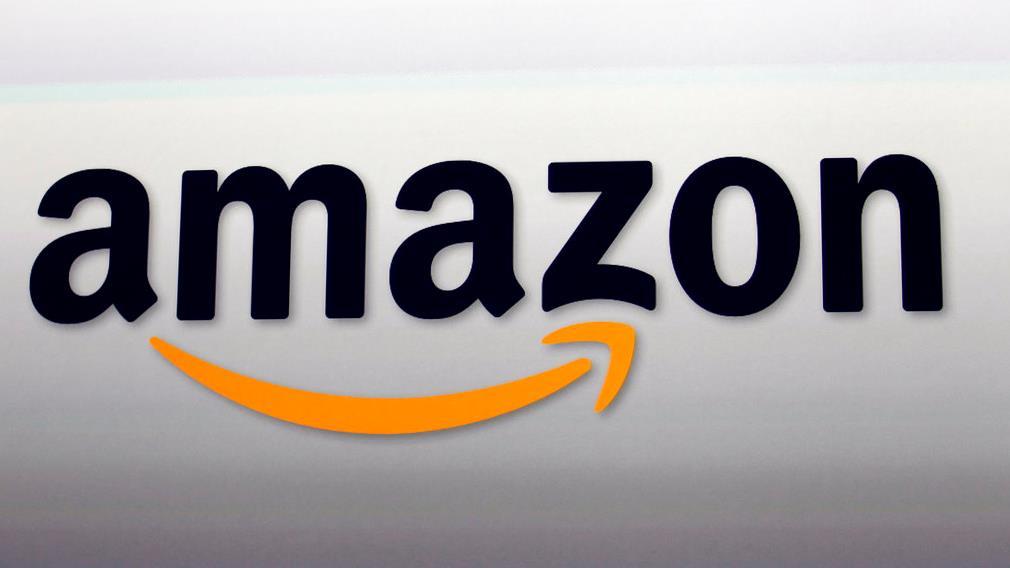Amazon could be first $2T company: Fmr. Apple CEO John Sculley
As Amazon (NASDAQ:AMZN) continues to steamroll into new markets, former Apple CEO and Pepsi president John Sculley told FOX Business that the tech giant might win the race to become the world’s first $2 trillion company.
“Amazon may not be the first $1 trillion [market cap company], but it may very well be the first $2 trillion market cap company,” Sculley said, adding that the company will get there by continuing its strategy of playing “the game for the long-term.”
A number of companies, including Apple (NASDAQ:AAPL), Alphabet (NASDAQ:GOOGL), Microsoft (NASDAQ:MSFT) and Facebook (NASDAQ:FB), currently lead Amazon in market capitalization. However, Amazon’s value is rising quickly. Between 2016 and 2017 it trailed only Apple in absolute increase in market cap, adding $144 billion to that total during that timeframe, according to research from PricewaterhouseCoopers. PwC valued Amazon’s market cap at $423 billion in March 2017. Its value has since surged to $563 billion, as of Tuesday.
Amazon's consistent quest toward growth and expansion has sparked movement among other businesses in a host of industries. Recently, for example, experts cited reports that Amazon received approval for pharmaceutical licenses in a number of U.S. states as impetus for a new wave of health care consolidation. Retail pharmacy CVS Health (NYSE:CVS) announced a $69 billion deal to acquire insurance giant Aetna (NYSE:AET) earlier this month. Shortly thereafter, UnitedHealth (NYSE:UNH) announced a deal to buy DaVita Health. Both deals are expected to increase the ease and accessibility of health care services for patients.
Experts say, in the era of Amazon, consumers’ perceptions of speed, service and convenience are rapidly shifting.
On Tuesday, Westfield Malls was bought out in a $15.7 billion deal, as retailers struggle to keep up with online competition from sites like Amazon. Some other sectors that appear to be under pressure from the tech giant include cloud and data storage, grocers and film and television.
“It’s good business strategy because they are very diversified,” Sculley, who is also the co-founder of data-driven marketing technology company Zeta Global, said. “Amazon Studios is an entirely different business from Amazon Web Services … [which is different from] Alexa … They’re showing that they can be innovative across a broad range of industries.”
However, some worry that Amazon’s reach may be too widespread. Some actions, including the Whole Foods acquisition earlier this year, have raised antitrust concerns.
President Donald Trump has also taken aim at the e-commerce behemoth and its founder, Jeff Bezos, over the course of the past few years – despite Bezos’ presence at some White House roundtable events. Trump has alleged that Bezos uses The Washington Post as a means to keep his taxes down at “his no profit company, [Amazon],” has “a huge antitrust problem,” and is “doing great damage to tax paying retailers” by eliminating jobs.
Sculley, on the other hand, said the company is just plain smart.
“[It’s] not a misuse of market power, [it’s] very, very smart leadership … no one does it better than Amazon,” he said.
U.S. Commerce Secretary Wilbur Ross told FOX Business in July that he also had not seen any actions on Amazon’s behalf that “would qualify remotely for antitrust consideration.”
So far this year, shares of Amazon are up more than 55%. Over the past five years, the stock is up more than 365%.
Morgan Stanley (NYSE:MS) predicted in a recent report that Amazon could reach a $1 trillion valuation by the end of next year, thanks to the fast-growing segments it has added onto its core retail business, as reported by Business Insider. The bank’s report also forecasts that Amazon’s stock could reach $2,000 per share within the next year.




















